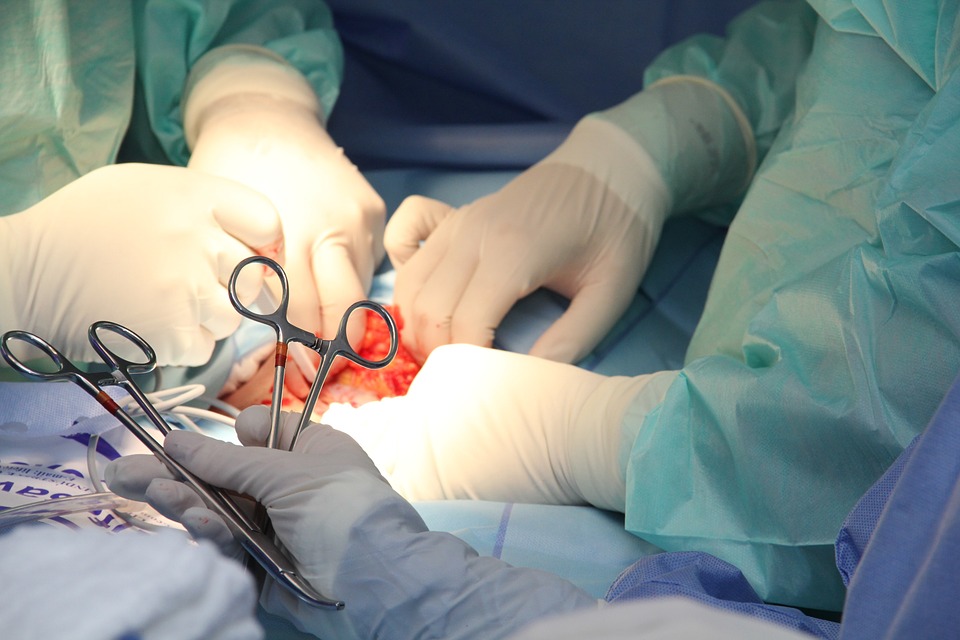Rachel Barratt, Specialty Trainee in the London North Deanery and BSoT representative for the BAUS Section of Female, Neurological & Urodynamic Urology, has supplied the following information:
 The section covers a vast wealth of urological surgery and, for trainees, includes a large proportion of the curriculum topics within urinary incontinence, neuro-urology, urinary tract obstruction, urinary tract trauma and radiology. Conditions managed range from the common, such as stress or urge urinary incontinence and voiding dysfunction, to the rare such as urethral diverticula, female urethral stricture or uretero-, vesico- & urethro-vaginal fistulae, resulting in a wide variety of operative interventions to learn, and a breadth of interesting topics to be covered every year at the BAUS Annual Scientific Meeting.
The section covers a vast wealth of urological surgery and, for trainees, includes a large proportion of the curriculum topics within urinary incontinence, neuro-urology, urinary tract obstruction, urinary tract trauma and radiology. Conditions managed range from the common, such as stress or urge urinary incontinence and voiding dysfunction, to the rare such as urethral diverticula, female urethral stricture or uretero-, vesico- & urethro-vaginal fistulae, resulting in a wide variety of operative interventions to learn, and a breadth of interesting topics to be covered every year at the BAUS Annual Scientific Meeting.
Currently, the FNUU section are working hard to engage trainees in this subspecialty. The section is in the process of initiating BAUS’s first pilot mentoring project which will run for 6 months and, hopefully, be open to more trainees in the future, if successful. This project was set-up to help trainees with an interest in FNUU to develop their training and career portfolio via a process of mentorship with a FNUU Consultant, as it is acknowledged that access to FNUU for trainees can be difficult during training.
A number of courses are available for trainees to widen their exposure to FNUU including the Emergency Urology Cadaveric Course, Neuro-Urology courses run from Sheffield and Stanmore, & Urodynamics Courses (mainly run out of Bristol and London). In addition, in 2019, there was a joint meeting with AGUS (Andrology and Genitourethral Surgery) and BAGURS (British Association of Genito-Urinary Reconstructive Surgery) which was well attended and there is a yearly FNUU Masterclass at UCLH with live and semi-live surgery, alongside lectures covering the breadth of the curriculum.
With regards to audit and research, the BAUS FNUU section is involved with the proposed new BAUS snapshot audit projects and audit handbook. The section will also be leading with two, key, FNUU-based audits with which we hope to involve trainees from the outset. There Is also a wealth of high-quality clinical trials and research being carried out in the domain of FNUU with studies including UPSTREAM, FUTURE, AMPLITUDE and ALTAR.
So finally ... why do FNUU? This is an exciting and varied specialty with career options for those who want to practise in both a district general hospital setting as well, as for those more interested in working in highly specialised units. The range of procedures performed include diagnostic urodynamics, endoscopic and minor vaginal surgery through to complex vaginal surgery and major abdominal surgery for urinary tract diversion or reconstruction. There are numerous opportunities to be involved in a wide range of extra activities including research, development of guidelines, education and audit.
In short – there is something for everyone and it will definitely never be boring!